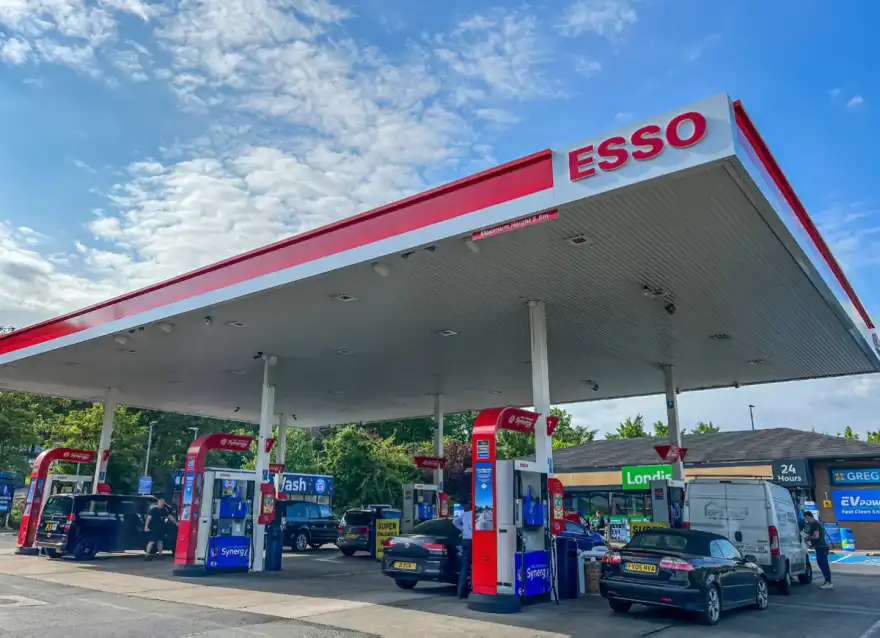
Petrol prices have climbed to their highest level since March, piling more pressure on drivers just a week before the Autumn Budget. There’s growing concern that Chancellor Rachel Reeves could add further costs by ending the current fuel duty cut.
The average price of petrol is now 136.2p per litre, while diesel has risen to 144.6p - both their highest levels since mid-March.
According to the AA, pump prices are close to returning to their pre-Covid records. The only thing holding them back is the temporary 5p-a-litre fuel duty cut, first introduced by Rishi Sunak in 2022 to soften the impact of surging prices after Russia’s invasion of Ukraine. Including VAT, the cut reduces costs by about 6p a litre. Reeves extended it for another year last autumn.
If the cut is removed, the AA says petrol would jump to 142.2p a litre, while diesel would rise to 150.6p.
Before the Ukraine war, the record average pump prices were 142.5p for petrol and 147.9p for diesel, both set in April 2012.
Government data shows fuel duty revenue has fallen by £899 million over the three financial years since Covid, mainly because people are driving less due to hybrid working. The shift to electric cars is also reducing Treasury income, which is why Reeves is expected to introduce pay-per-mile taxes for EVs from 2028.
While petrol tax revenue remains strong, diesel revenue has dropped by £1.25 billion over the same period. The AA links this to the slowing economy, with HGV traffic down 2% since 2023 as businesses cut back.
With the 5p cut seen as an easy target, pressure is mounting on Reeves to scrap it. There are also fears she could go further and end the 15-year freeze on fuel duty, currently set at 57.95p per litre (or 52.95p with the cut).
The Road Haulage Association warns that letting the cut expire could add £100 to annual household bills once higher fuel and delivery costs feed through to prices. It estimates this could raise the cost of living by £7.3 billion by 2029.
However, the AA argues that the Treasury is already gaining billions in VAT because inflation has pushed up overall motoring costs. It says VAT from consumer motoring spending brought in an extra £1.23 billion in 2023 and 2024 compared to pre-Covid levels, and almost £3 billion more in 2024 than in 2019.
Jack Cousens, the AA’s head of roads policy, says VAT on motoring now brings in almost £25 billion a year, matching fuel duty revenue and acting as a “hidden tax” on drivers.
The Petrol Retailers Association has urged Reeves to freeze fuel duty and make the 5p cut permanent, warning that inflation remains stubborn and forecourts are already under pressure. It says a rise in duty would be “the last thing” drivers and businesses need.
A Treasury spokesperson said the Chancellor will aim to balance public service funding with supporting growth, but would not comment on potential tax changes before the Budget.




